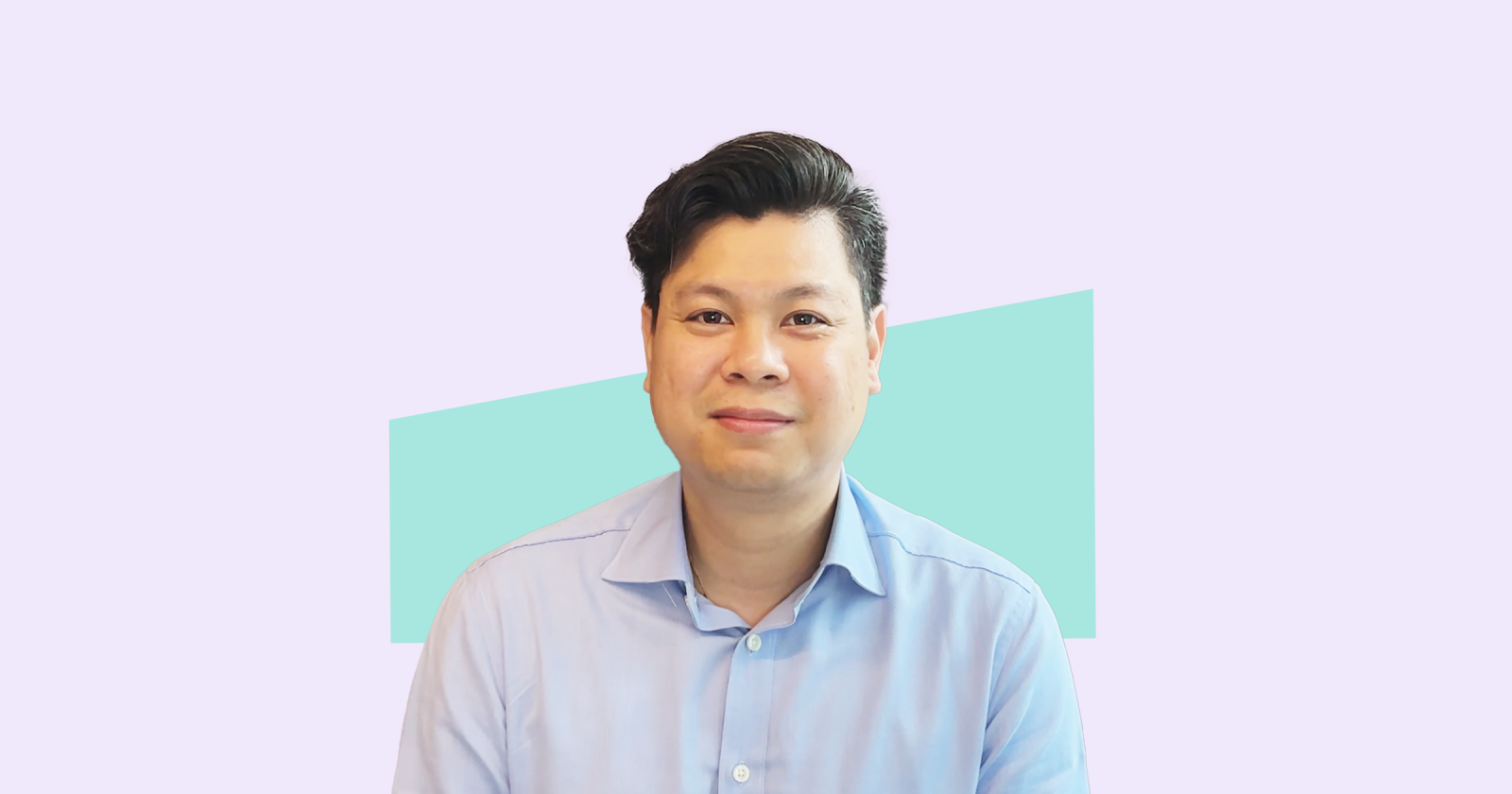Your very first paycheck is a rite of passage marking your entry into adulthood. Finally, after years of studying and honing skills, you have the power to spend money the way you want.
This newfound freedom, however, also comes with the responsibility of handling money wisely.
In the first episode of Earnest Stories, young professionals revisited this memorable milestone and reflected on the things they would’ve done differently if given the chance.
Watch the full episode here.
How did you spend your first paycheck?
The desire to give back to family was a common theme. Giselle, a researcher, brought up a well-known Filipino custom.
“I was told that when you get your first paycheck, you have to give it to your parents,” said Giselle, adding that her parents didn’t oblige her to follow this practice.
“I think I saved most of it, but I left maybe about like P1,000 to P2,000 just to kind of treat my parents out,” she recalled.
Sam, an IT professional, celebrated his first paycheck by treating his mother to dinner. “I didn’t come from a well-off family. For a time, meron kaming struggles.”
Earning money brought relief and allowed him to buy gifts for his mother and himself. “I treated myself also kasi medyo maganda yung first pay ko,” he said.
As their first taste of freedom, many were inspired to spend their salary on something special to mark the occasion.
“I’m already earning so it’s something to celebrate,” said Miguel, a bank employee, remembering that he treated his family and bought clothes for himself.
Charlene, a product owner, had a simple but meaningful celebration. “I ate out at a restaurant, like [literally after getting] my first paycheck.”
She noted that while she allowed herself a small luxury, most of her salary went to financial obligations to help her family.
Would you do things differently if you could go back?
Asked if they were satisfied with how they handled their first earnings, many looked back with gratitude and had no regrets.
“I think spending money on your loved ones is money well spent, always,” shared Sam.
For Charlene, being able to help her family also brought a sense of fulfillment. “It feels like may bunga yung paghihirap natin.”
Since Giselle prioritized savings, she was pleased about practicing delayed gratification. “It is satisfying that I didn’t think immediately, ‘I have to go all out, spend on myself, treat myself.’”
“I know that later on I can treat myself to better things,” she noted.
Meanwhile, Miguel wished he could’ve started saving sooner. “When I had my own money, I wasn’t mindful, so I was spending and spending.”
“Looking back, I could’ve saved. Even if maliit lang ang sweldo ko no’n,” he reflected.
What’s your advice for young people on how to handle their first paycheck?
After learning the importance of thinking long-term, Miguel’s advice for upcoming young professionals is to plan their expenses.
“It’s not always ‘uubusin,’” Miguel said. He believes laying out your expenses and planning properly will allow you to save money.
Everyone agreed it was important to think of the future. “Don’t spend it all in one go,” advised Sam. “Magtira ka pa rin para sa sarili mo.”
For Charlene and Giselle, the first few paychecks should be used as an opportunity to start the habit of saving.
Charlene suggested satisfying your wants with your first salary, so that you can start allocating money for savings and investments with your next paychecks.
Giselle advocated for saving “as much of your first paycheck or your first few paychecks as you can.” She said this will allow people to build confidence in their ability to save money.
“Know that you can treat yourself with your money, but also treat yourself within your own means,” Giselle added.
The first few years of earning your own money naturally require some getting used to and learning from your wins and mistakes.
You can get on the right path by learning how to splurge within reason, set a sustainable budget, and prepare for the future through investing.




